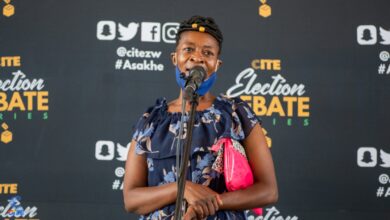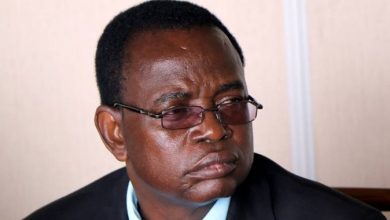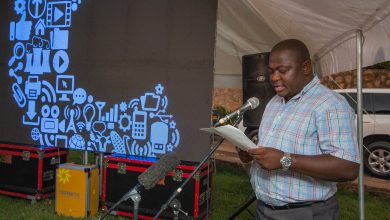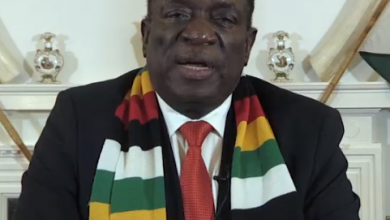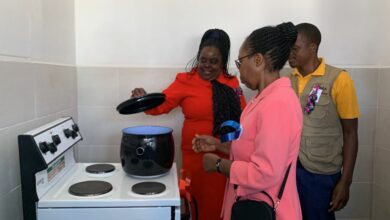We are not pushing a tribal agenda: Chamisa

MDC President Nelson Chamisa says the recent debacle between some Bulawayo councillors and the Town Clerk Christopher Dube was a political matter which was unnecessarily blown out of proportion.
This comes after some activists; residents and the Town Clerk raised the tribal card claiming there was a sinister ploy by some councillors of Shona origin to capture the local authority and fire all Ndebele speaking technocrats.
In an interview with CITE, Chamisa said the issue could have been triggered by unresolved political issues in the country.
“This is not tribal; it is a political issue. It is a national issue, of an unresolved national question to do with national healing and having a national vision. But how do we arrive at that? There must be frank and open discourse by citizens and residents on what it means to be a Zimbabwean and to celebrate our tribal diversity,” he said.
Chamisa said there was a need for tolerance and political maturity in the country, saying he yearns for a time when the country would be led by a “Ndebele-speaking” president.
“For me, I am dreaming and wishing for a day when there would be a leader who is Ndebele speaking to be president of this country not on the basis of the tribe but the basis of their competence. For us to reach this point, we need to have a frank conversation and let out of all the concerns people have about their history, the present and even the future.”
The opposition leader added that the country`s politics should go beyond tribe.
“Tribe should never be the basis of disagreement and tribe should never be a unit of decision making or basis of arriving at a decision but let’s also acknowledge that we have different identities. Matabeleland has a history and there are grievances that must be resolved in terms of national politics.”
The MDC leader stressed that Zimbabwe needs national healing, as there were a lot of unresolved grievances.
“But that division can only be healed and cured through openness, that’s why we have offered political dialogue to deal with issues of national healing national a vision of our country. Right now we don’t have a nation with institutions, ideas and visions but a country, which is a geographical expression,” he noted.
“A country consists of boundaries where you and I have nothing, beyond the title Zimbabwe, we share nothing, maybe we share the air we breathe but we don’t share where we are going. We should have that conversation, as it is a missing conversation and narrative we must create.”
Chamisa said the country was also faced with a leadership crisis.
“(President Emmerson) Mnangagwa in charge of Zanu PF and I am a leader of MDC but I have said look come let’s talk because I am taking that national role. People don’t understand it when I say let’s have peace, let’s give peace a chance by having dialogue because I know the dangers of taking the path of violence and the path of division,” he cited.
Another challenge faced by the country was the lack of trust and stability in the government, which had contributed heavily to the economic crisis, Chamisa posited.
“Until you have resolved the political question and leadership question, you will always have these popping up. These keep popping up because people have no confidence in the government. Until that is resolved, there will not be any resolution to these problems. Corruption is also a big issue and is responsible for most of our problems,” said the MDC leader.
“Another big issue is to do with inconsistencies of policy, you can’t live in a country where you don’t know what government will say about which currency we are to be using. The next morning we may end up with blue tissue paper becoming the currency of our country and this erodes confidence. This is the fundamental problem, speculation, racketeering on account of the absence of a credible political process.”


